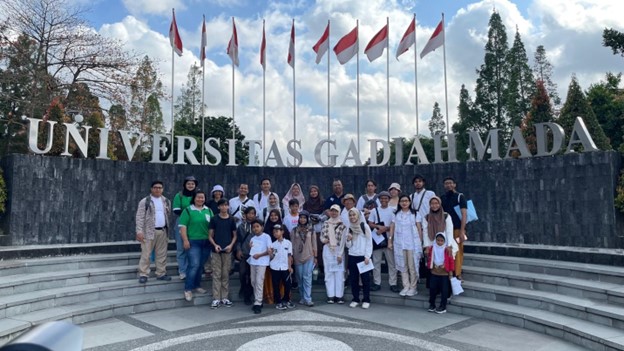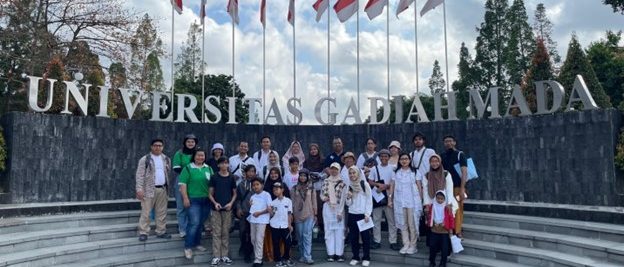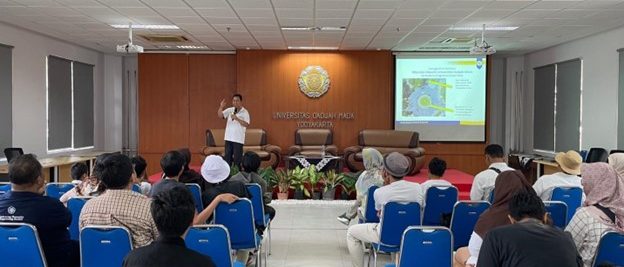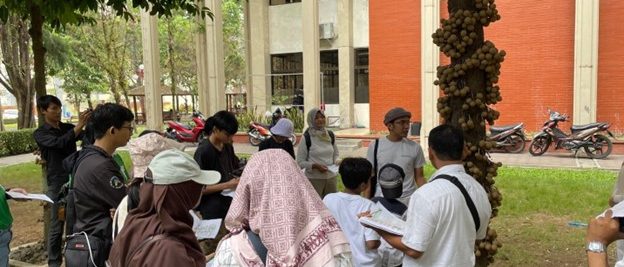
Homeschooling has grown in popularity as an alternative form of education in Indonesia, particularly in Yogyakarta. However, this choice presents unique challenges, especially in meeting the information needs of children enrolled in such programs. A recent study by researchers from the Information and Library Management Master Program (MIP) at the Graduate School of Universitas Gadjah Mada (UGM), conducted on Friday, November 22nd 2024, aims to explore the information-seeking behavior of homeschooling parents in Yogyakarta.
The research highlights the importance of understanding information needs to effectively manage homeschooling education. Families involved in homeschooling act not only as educators but also as the primary seekers of information, which significantly influences their children’s learning outcomes. According to the researchers, studies on information-seeking behavior in the homeschooling context, particularly in Indonesia, remain limited, especially in culturally rich regions like Yogyakarta.
This qualitative study involved eight informants—homeschooling parents in Yogyakarta. Through in-depth interviews, the research examined the sources of information parents frequently use, the strategies they used, and the challenges they face in obtaining accurate and relevant information to meet their children’s educational needs.
“Our main goal is to understand how the information-seeking behavior of homeschooling parents evolves over time and how it impacts their children’s learning processes and outcomes,” explained Safirotu Khoir, Ph.D., one of the researchers.
This study serves as an initial step in addressing the lack of research on how homeschooling parents in Yogyakarta manage information and navigate existing challenges. It also opens avenues for further research to deepen the understanding of information-seeking behavior in homeschooling within diverse social and cultural contexts in Indonesia.
The MIP program at UGM is committed to produce innovative research to address educational challenges in the modern era. By focusing on relevant and practical approaches, the program contributes to the development of knowledge and educational practices across various social contexts.
The findings are expected to provide valuable insights for education practitioners and form the basis for policy development to support homeschooling parents in accessing quality information. Given the flexibility homeschooling offers, it also comes with significant responsibilities to ensure optimal education for children.
This research aligns with Sustainable Development Goal (SDG) 4: Quality Education, which emphasizes inclusive and equitable education for all. By understanding how homeschooling parents seek and manage educational information for their children, the study contributes to ensuring access to sustainable, high-quality education. The findings may help shape policies and support systems for homeschooling families, fostering the achievement of quality education as a fundamental right for every child, regardless of their chosen learning method.
Author: Inarotul Nur Halizah
Editor: Arfikah Istari



